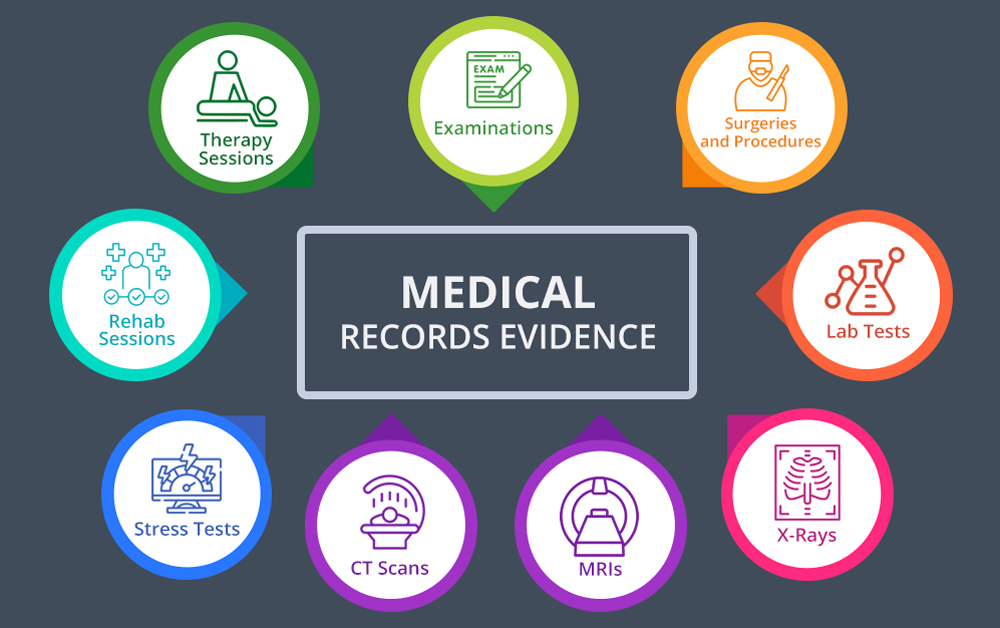To have your Social Security disability claim approved, you’ll need to support your claim with the proper evidence. Part of getting your claim approved is by providing Social Security with current and accurate medical information that comes from medical care providers approved by Social Security.
By having the medical records necessary prepared before you file your claim, you can get the process going faster, and potentially get a much more timely response. Also, if your medical records paint a complete picture of your disability and limitations, you may eliminate the need for additional information to be gathered by a disability examiner.
Since filing an SSDI claim can be confusing and time-consuming, and you may be unsure if the records you have are the correct ones, consider working with an experienced Social Security lawyer who can make sure your claim gets filed properly.
What Types Of Providers Are Approved?
Social Security will accept medical records and opinions from licensed medical doctors, osteopaths, psychologists, and optometrists. While you may need to see a chiropractor for your disability, Social Security does not recognize their opinions. However, if you’ve been given x-rays or other types of medical tests by a chiropractor, a disability examiner may consider them.
Generally speaking, examiners will give the most weight to the records and opinions that come from the physician you’ve had the longest relationship with.

Following the Guidelines For Medical Records
To increase your chance of getting a quicker determination on your case, your medical records should be timely, sufficient, and accurate.
- Timely: While older records can be important, depending on your disability, the SSA typically prefers records that are no older than six months. Your records should be recent enough that they accurately portray your current condition, especially if your condition changes rapidly.
- Sufficient: Your records should have enough information from approved sources to paint a clear picture of your condition and allow the SSA to make an independent judgment. Ideally, your records will be typed, note all of your complaints, track the treatment given and the response to the treatment, and state your prognosis and future treatment plans.
- Accurate: Your records must correctly describe your disability and come from an approved source.
Conclusion of SSDI Medical Records
If you can provide Social Security with medical records that are timely, accurate, and sufficient, and that come from approved sources, your disability claim can potentially be approved quicker with an independent examiner. However, each medical condition requires specific documentation, so if you are unsure what records you’ll need, you should contact an experienced Social Security lawyer to help you with the process.

